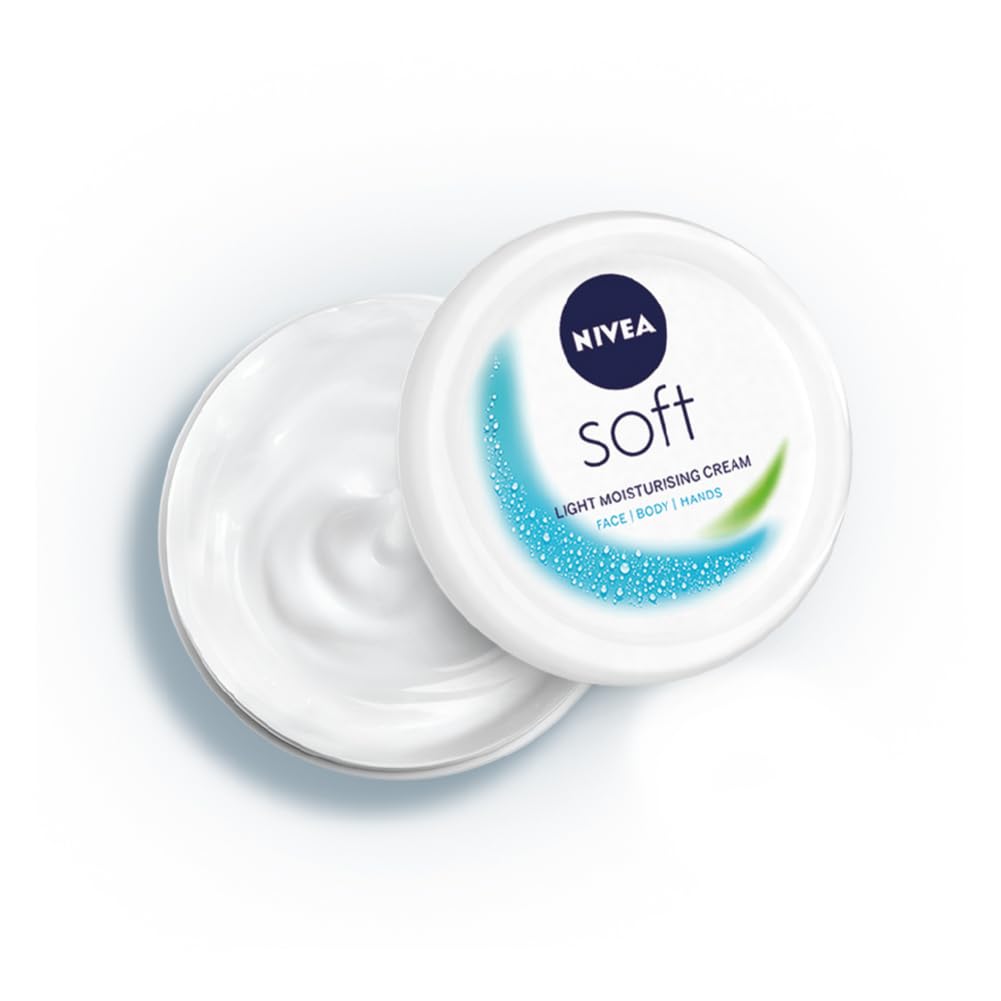Dry Skin: Symptoms, Causes, Treatment
What are the symptoms of dry skin?
Dry skin, also known as xerosis, can manifest in several ways, depending on the severity and underlying causes. Common symptoms of dry skin include:
- Rough or Scaly Skin: Dry skin often feels rough or scaly to the touch, especially on areas like the elbows, knees, and heels.
- Itching: Dry skin is often itchy, which can be mild to severe and may worsen with scratching.
- Tightness or Tenderness: Dry skin can feel tight or taut, especially after bathing or showering.
- Flaking: Dry skin can lead to flaking or peeling, particularly on the face, hands, and feet.
- Redness: Dry skin may appear red or irritated, especially in areas that are scratched or rubbed.
- Cracks or Fissures: In severe cases, dry skin can lead to cracks or fissures, which can be painful and may even bleed.
- Fine Lines and Wrinkles: Dry skin is more prone to developing fine lines and wrinkles, especially on the face and neck.
- Dull Appearance: Dry skin may look dull or lackluster, rather than having a healthy, hydrated glow.
These symptoms can vary in severity and may come and go depending on environmental factors, such as humidity levels, and how well the skin is cared for.
What are the causes of dry skin?
Dry skin can have several causes, including:
- Low Humidity: Dry air, especially during the winter months or in arid climates, can strip the skin of its natural moisture, leading to dryness.
- Hot Showers or Baths: Excessive exposure to hot water can strip the skin of its natural oils, leading to dryness.
- Harsh Soaps or Cleansers: Using harsh soaps or cleansers can strip the skin of its natural oils, leading to dryness and irritation.
- Skin Conditions: Certain skin conditions, such as eczema, psoriasis, and ichthyosis, can cause dry skin.
- Age: As we age, our skin produces less oil, leading to drier skin.
- Medical Conditions: Certain medical conditions, such as hypothyroidism, diabetes, and malnutrition, can cause dry skin.
- Medications: Some medications, such as diuretics, retinoids, and certain chemotherapy drugs, can cause dry skin as a side effect.
- Excessive Washing: Washing the skin too frequently or using harsh scrubbing can strip the skin of its natural oils, leading to dryness.
- Environmental Factors: Exposure to harsh weather conditions, such as wind, cold, or sun, can contribute to dry skin.
- Lifestyle Factors: Certain lifestyle factors, such as smoking or excessive alcohol consumption, can contribute to dry skin.
It’s important to identify and address the underlying cause of dry skin to effectively manage and treat the condition. In many cases, simple lifestyle changes and skincare practices can help improve dry skin.
What is the treatment for dry skin?
Treatment for dry skin typically involves a combination of lifestyle changes, skincare practices, and, in some cases, medical interventions. Consult your healthcare provider for a treatment plan suited to your symptoms. Here are some common approaches to treating dry skin:
- Use Moisturizers: Regularly apply moisturizers to the skin to help lock in moisture and prevent dryness. Choose a moisturizer that is suitable for your skin type and contains ingredients like hyaluronic acid, glycerin, or ceramides.
- Avoid Harsh Soaps: Use mild, fragrance-free soaps and cleansers that are gentle on the skin and do not strip away natural oils.
- Limit Bathing Time: Limit baths and showers to no more than 10-15 minutes and use lukewarm water rather than hot water, which can further dry out the skin.
- Pat Dry: After bathing or washing, pat the skin dry with a towel rather than rubbing, which can irritate the skin.
- Humidify the Air: Use a humidifier in your home, especially during the winter months, to add moisture to the air and prevent dryness.
- Avoid Dehydration: Drink plenty of water to hydrate your skin from the inside out.
- Protect Your Skin: Wear protective clothing, such as gloves and hats, when outdoors in cold or windy weather to protect your skin from drying out.
- Avoid Irritants: Avoid harsh chemicals, detergents, and other irritants that can strip the skin of its natural oils.
- Use Sunscreen: Apply a broad-spectrum sunscreen with an SPF of 30 or higher to protect your skin from the sun’s harmful rays, which can further dry out the skin.
- Medical Treatments: In severe cases of dry skin, a dermatologist may prescribe medicated creams or ointments to help hydrate the skin and reduce inflammation.




